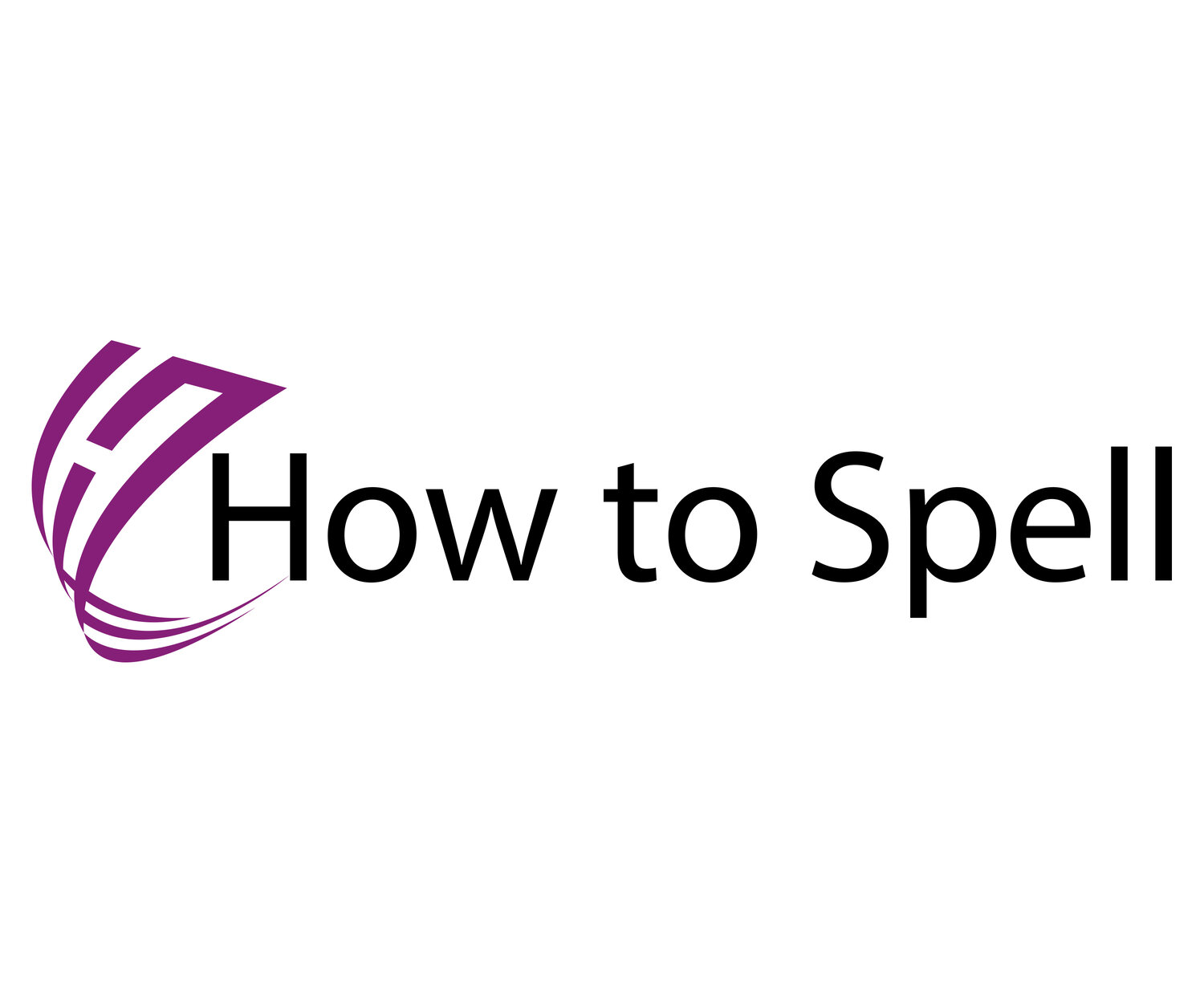-able or -ible
When do we use -ible and when do we use -able endings?
They're both common spelling patterns for adjectives and usually sound the same.
They mean 'able to' or 'fit for' - acceptable, understandable, responsible...
The following words mean 'able to be' -
available: able to be used or obtained
audible: able to be heard
breakable: able to be broken
visible: able to be seen
So is it understandible or understandable, terrable or terrible, dependible or dependable?
Knowing which of these suffix endings to use can be tricky.
Good spellers recognise the letter patterns and can usually see what looks right. So it's a matter of practising the words, using them & using a good dictionary.
There are more words ending in -able (about 900) than -ible (less than 200).
-able words usually come from French.
We can make new adjectives - networkable, childproofable.
A general rule is if we take away the suffix (-able) we are usually left with a root word:
understandable = understand + able, enjoyable = enjoy + able, comfortable = comfort + able, dependable = depend + able.
If the root word ends in 'e' then usually we drop the 'e': value + able = valuable, desire + able = desirable, move + able = movable, believable, excitable.
BUT words that keep the 'e' are: saleable, hireable, sizeable, likeable, nameable. The best way to remember these is to memorise them.
But we can drop the 'e' or keep the 'e in these words, both are correct:
likeable/ likable,
lovable /loveable,
useable/usable.
The y becomes i when adding -able: justify - justifiable, rely - reliable.
We can also apply the 1:1:1: doubling up rule when adding -able so forget = forgettable. The second syllable is stressed and it has 1 vowel and 1 consonant so double up the 't' - forget; forgettable or regret; regrettable). Check out my other video on the doubling up 1:1:1 rule - click here.
Also, we usually keep the 'e' with words ending in -ce and -ge so the words retain the soft c and g sound: changeable, manageable, noticeable, peaceable, pronounceable, serviceable, traceable, knowledgeable.
-ible words come from Latin. There are no new Latin words!
As a general rule we aren't left with a root word when we take away the -ible ending like in the -able endings - terr/ible. horr/ible, vis/ible. BUT as I've said before, there are always exceptions - look at these: corrupt + ible = corruptible, destruct/ible, contempt/ible, perfect/ible, covertible, digestible. Also access/ible, flexible.
*notice the -tible pattern. It's always great to see patterns and also to know and understand exceptions to rules.
We also drop the 'e' with -ible: collapse + ible = collapsible, response + ible = responsible, sense + ible = sensible, reduce + ible = reducible
Words ending in c have a softer sound with -ible: forcible, invincible, reducible
Notice we drop the 'e' in force -ible= forcible, reduce ible = reducible
Learn the common ones - terrible, horrible, incredible, sensible, edible, accessible, flexible, legible, collapsible, reducible, responsible, reversible.
Common adjectives with -able and -ible
Which words do you use, or want to use? Which do you like? Which are important in your job?
Use memory tricks, write them in sentences to get these important words into your long term memory.
The situation was impossible and unmanageable because of the unreasonable irresponsible managers.
-ible: sensible, possible/impossible, horrible, terrible, legible/illegible, flexible/inflexible, accessible/inaccessible, compatible/incompatible, comprehensible, credible/incredible, digestible, feasible/unfeasible, plausible/implausible, credible/incredible, resistible/irresistible, gullible, edible/inedible, visible/invisible, responsible/irresponsible
-able: available/unavailable, adorable, comfortable/uncomfortable, understandable, acceptable/unacceptable, reasonable/unreasonable, bearable/unbearable, believable/unbelievable, capable/incapable, changeable/unchangeable, inflatable, flammable/inflammable, considerable, desirable/undesirable, despicable, durable, forgettable/unforgettable, forgivable/unforgivable, inescapable, inevitable, pleasurable, preferable, predictable/unpredictable, sizeable, suitable/unsuitable, unmistakeable, unshakeable, usable/unusable, variable, laughable, likeable/unlikeable, lovable (or loveable)
Drop the 'e' or Keep the ‘e’ rule
Notice how we drop the 'e' with able/ible: forgive — forgivable/unforgivable, adore — adorable, believe — believable, response — responsible.
But, remember, we keep the 'e' with change — changeable and manage — manageable because keeping the 'e' retains the soft 'g' “juh” sound.
Exercise - revision of prefixes
What are the opposites of these words?
1. comfortable
2. responsible
3. credible
4. responsible
5. manageable
6. capable
7. available
8. visible
(Check above to find out)
Rewrite out the sentences with the gaps then listen to the spelling test and fill in the gaps, or can you guess the words?
1. That chair looks _____.
2. The restaurant was _____, the food _____ and the service _____.
3. I went to see an _____ film last night.
4. I really had an _____ evening.
5. The weather was so _____ yesterday.
6. I hope this isn't _____ and you're _____ of doing it.
7. The job advert says you need to be _____, _____, _____ and _____.
8. The pay is quite _____.
9. I'm quite _____ about spelling now.
10. Her new puppy is very _____ and totally _____.
Answers
1. That chair looks comfortable.
2. The restaurant was horrible, the food inedible and the service unacceptable.
3. I went to see an incredible film last night.
4. I really had an enjoyable evening.
5. The weather was so changeable yesterday.
6. I hope this isn't impossible and you're capable of doing it.
7. The job advert says you need to be reliable, sensible, flexible and dependable.
8. The pay is quite reasonable.
9. I'm quite knowledgeable about spelling now.
10. Her new puppy is very excitable and totally adorable.
Click here to do another common endings lesson. Or click here to go back to general lesson.

